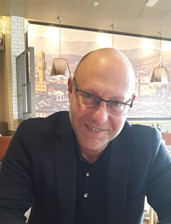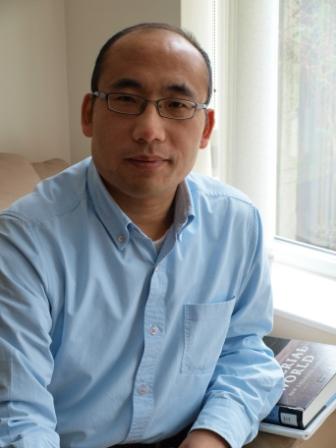 Keynote Speakers
Keynote Speakers
 Prof. Alexander M. Korsunsky |
Alexander Korsunsky received his
degree of Doctor of Philosophy (DPhil)
from Merton College, Oxford,
following undergraduate education in
theoretical physics. His current
appointment is Professor of
Engineering Science at the
University of Oxford and Trinity
College. He has given keynote
plenaries at major international
conferences on engineering and
materials. He has developed numerous
international links, including
visiting professorships at
Universitá Roma Tre (Italy),
ENSICAEN (France) and National
University of Singapore. |
 Prof. Yuyuan Zhao |
Dr. Yuyuan Zhao graduated with a BEng in 1985 and MSc in 1988 from Dalian University of Technology, China, and a DPhil in Materials from Oxford University in 1996. He was a Lecturer at Dalian University of Technology from 1988 to 1991, a Research Associate at the MADYLAM Laboratory of CNRS, France in 1995, and a Research Fellow at Birmingham University from 1995 to 1998. Dr. Yuyuan Zhao joined Liverpool University in 1998 as a Lecturer and was promoted to Senior Lecturer in 2005, Reader in 2010 and Professor in 2015. Dr. Yuyuan Zhao pioneered the Sintering and Dissolution Process (SDP) for manufacturing aluminium foam, which inspired the subsequent developments of several powder-based space-holder methods for manufacturing metal foams. He further invented the Lost Carbonate Sintering (LCS) process, a more versatile and cost-effective method for producing micro-porous metals. The LCS technology has led to the creation of Versarien, a highly successful start-up company which mass produces micro-porous copper for thermal management applications. Dr. Yuyuan Zhao was awarded the Ivor Jenkins Medal in 2015 for an outstanding contribution to powder metallurgy in developing and commercialising innovative powder based technologies for manufacturing metal foams. Dr. Yuyuan Zhao current research is focused on the manufacture, characterisation and applications of porous metals and metal matrix syntactic foams. |